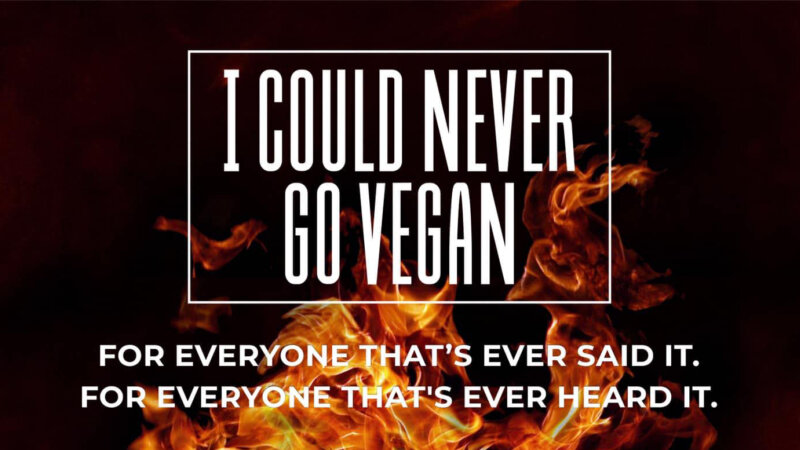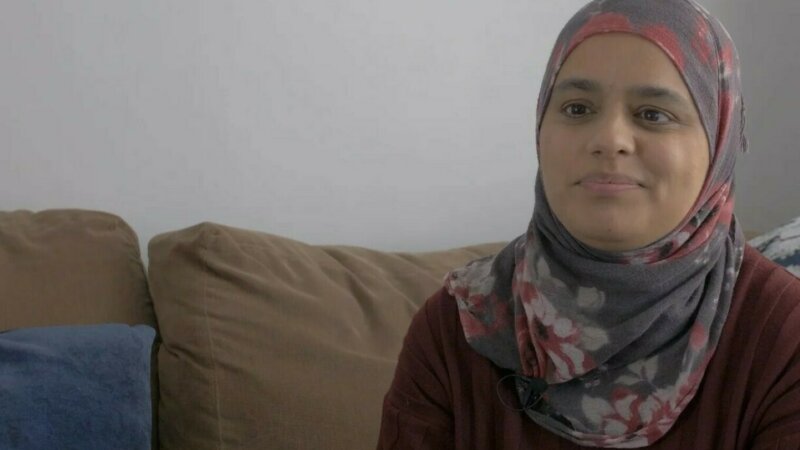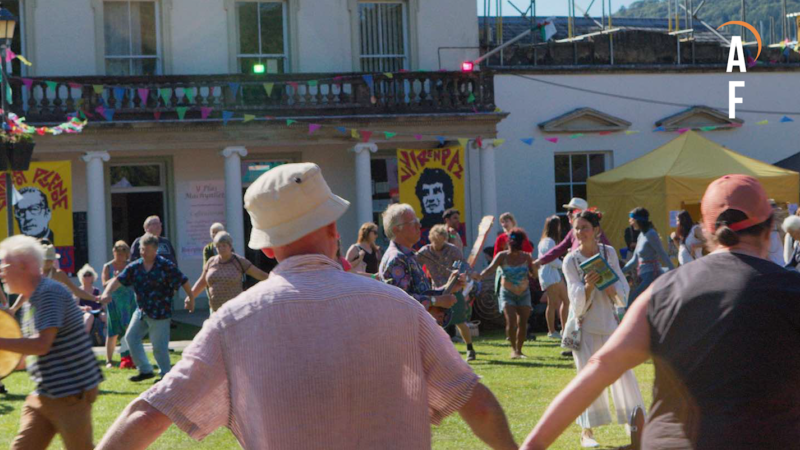Filmreel
The Gyllenhaal Paradigm
The landscape of Film remains sketchy and it's entirely our fault. Dotted with the odd landmark that a few individuals managed to leave behind, the broad canvas still presents itself as a war zone, indiscriminately bombed and recognised as being 'elsewhere'. Still, way too many people choose to enter it with the mindset that this is a collaborative medium, that recognisable strategies need and should be in place before any thoughts of authenticity can be formulated.
This is wrong, particularly when a strategy has been repeatedly proven inaccurate by history. Some would say that even in war a single individual can make a difference. It's in the way in which the actions of individuals connect that we may learn, evolve and carve our own possible landmark. This can only be achieved by taking a few steps back, away from the canvas - by writing an article like this, perhaps.
Right now, I'm realising that those dots across the canvas are not part of a war-torn landscape. They form a constellation with its own logic and purpose. Right now, I'm thinking of something else...
Siblings of a Kind
‘Céu’ is the Portuguese word for both heaven and sky. Abbreviated or simplistic as it may seem to the Anglo-Saxon mind, if you think of a title like Um Céu e Dois Caminhos (One Sky/Heaven and Two Paths), the poetic duality of my native language is sure to prevail.
This was one of two documentaries that I made in 2010, commissioned by the producer Fernanda Brito for the astrophilosopher José Prudêncio. The film traced the jaw-dropping chronological similarities between the personal events in the lives of two writers who shared near-identical astrological maps. One of these writers was the late, controversial Nobel Prize-winning José Saramago, whose uncompromising body of work has in recent years been candidly incorporated into the mainstream. Blindness, as adapted to the big screen in 2008 by Fernando Meirelles (City of God), may still resonate as a metaphor for the failings of mankind, but it's a more recent film adaptation of his literary work which is set to echo further into the future of filmmaking.
Deeper coherence (for this article, at least) can be found in the fact that the source material is entitled (in its English translation) The Double, but, more literally, The Duplicated Man. If my documentary presents the two authors as brothers of a kind, Enemy, directed by Denis Villeneuve, intersects Saramago's path with that of Jake Gyllenhaal, one of two thespian siblings whose acting choices in 2014 may very well become landmarks in their own right.
The Real Self
At the point of writing and submitting this piece, I'm halfway through the eight-part BBC drama The Honourable Woman. The sophisticated narrative comes from the highly intelligent mind of writer and director Hugo Blick and revolves around Nessa Stein, whose efforts to turn her Israeli father's arms dealing empire into a philanthropic enterprise which helps civilians on both sides of the conflict are turned upside down by multi-stranded hidden agendas.
As Nessa, we have Maggie Gyllenhaal, an actress of Jewish descent whose career has been consistently punctuated by brave choices. She has clearly recognised in the project the opportunity to elevate her acting from the mere circumstantial or emotional to the current and historically relevant.
This relevance is being challenged daily by the present ongoing events in Gaza, though. In the past 20 days of fighting more than 1,000 people have been killed and tens of thousands have been injured, many of them children. Disproportion of means and impact on civilian population have been blatant and social networks have been crucial in highlighting what mainstream media has suppressed and manipulated in favour of one of the sides. This makes every scene in The Honourable Woman well meaning but ultimately out of pace with reality. But is all we're left with an intricate balancing act on the rope of impartiality? Is this yet another example of English idealism cutting through an issue larger than its liberal self? Perhaps so, on all accounts, but not when it comes to its leading lady.
Gyllenhaal commands the screen, embodying the character's values and secrets with such veracity that one can only begin to distil the essence of this perfect fusion. Surely it has to do with a sense of personal heritage and, therefore, responsibility as a Jewish American. But I would say it's far more profound than this. There's a very restricted number of actors working today whose pursuit of roles goes hand in hand with delivering every part of who they are to another, more tangible self. It's something akin to a human sacrifice, if only in creative terms. Another example that comes to mind bears the same surname as Maggie...
Art as DNA
If you go back long enough in time, browsing through the wide range of themes explored on these pages, you are sure to find my realisation that Cinema has been losing ground to the small screen.
TV, whether we think of it in its traditional broadcast format or re-incarnated as a service delivered online, has become the recipient for tight, bold, character-driven narratives.
His sister may be starring in a flawed yet refined exercise in public scrutiny of an incendiary issue, but Jake Gyllenhaal's equally immersive work in Enemy contributes to something else altogether.
As the above-mentioned original title indicates, the film is about a man who finds his own double. An almost standard premise, nearly as old as Film itself. But, like all real Cinema, it's in the way it's done that truly matters.
Enemy presents itself like the proud bastard child of David Lynch and pursues its perplexing final shot with a single-minded atmospheric density that I have not seen in a long time. In fact, the first thought is that you're watching something made in the 70s. The second is that this is Cinema living up to its full potential, as a character-study that goes deeper into the subconscious and uses every device at its disposal to unfold it.
For all its cinematic touches, The Honourable Woman remains reliant on storytelling (which is fine), its writer-director's cleverness (which is ok) and is therefore light years away from what Enemy so unapologetically achieves.
All this leaves us with a question. If TV, which is meant to serve and reach out to the viewer, is claiming established storytelling for itself, can Cinema finally begin to look inwards at its own DNA and recognise its true essence, function and place?
)





